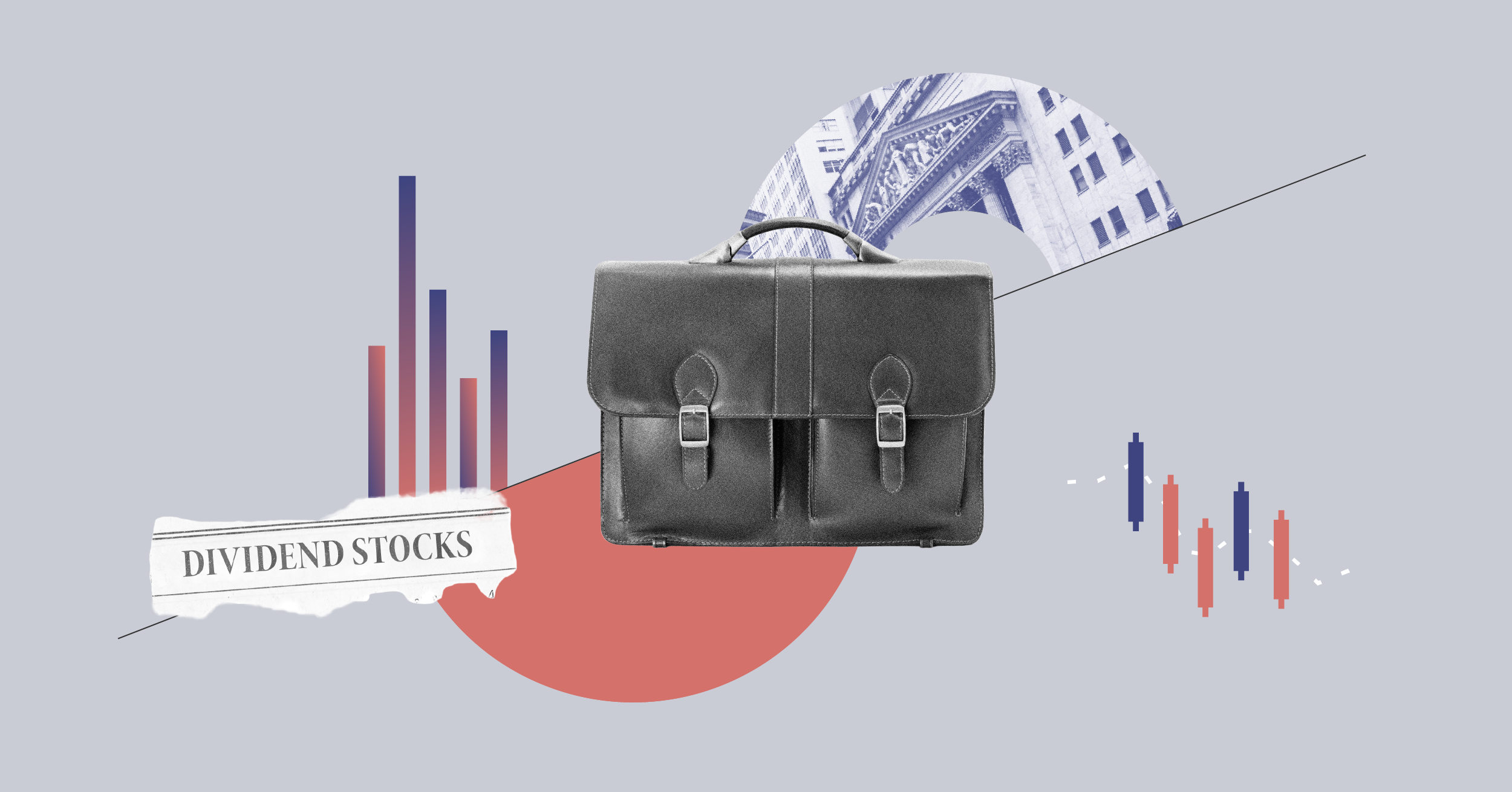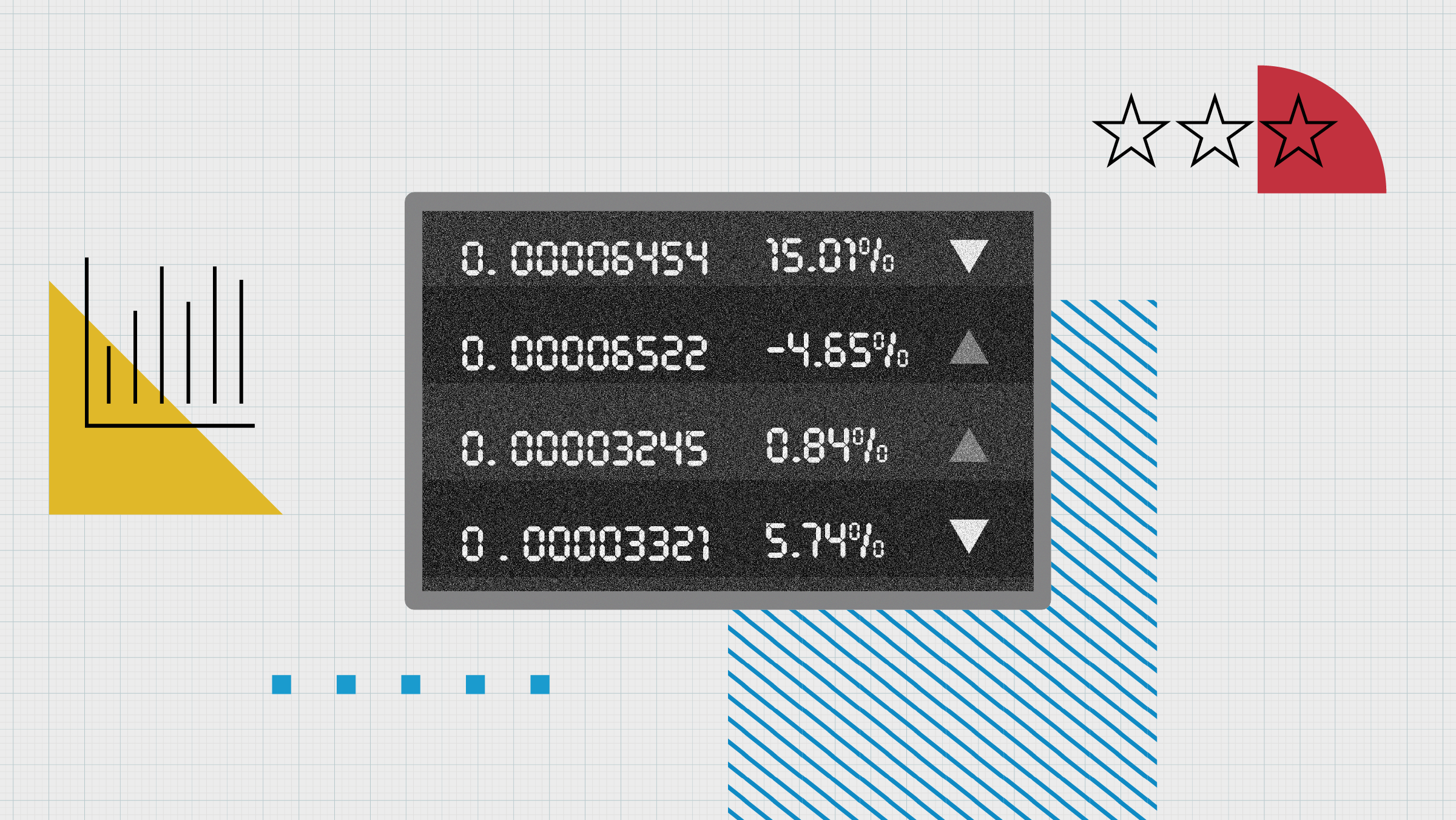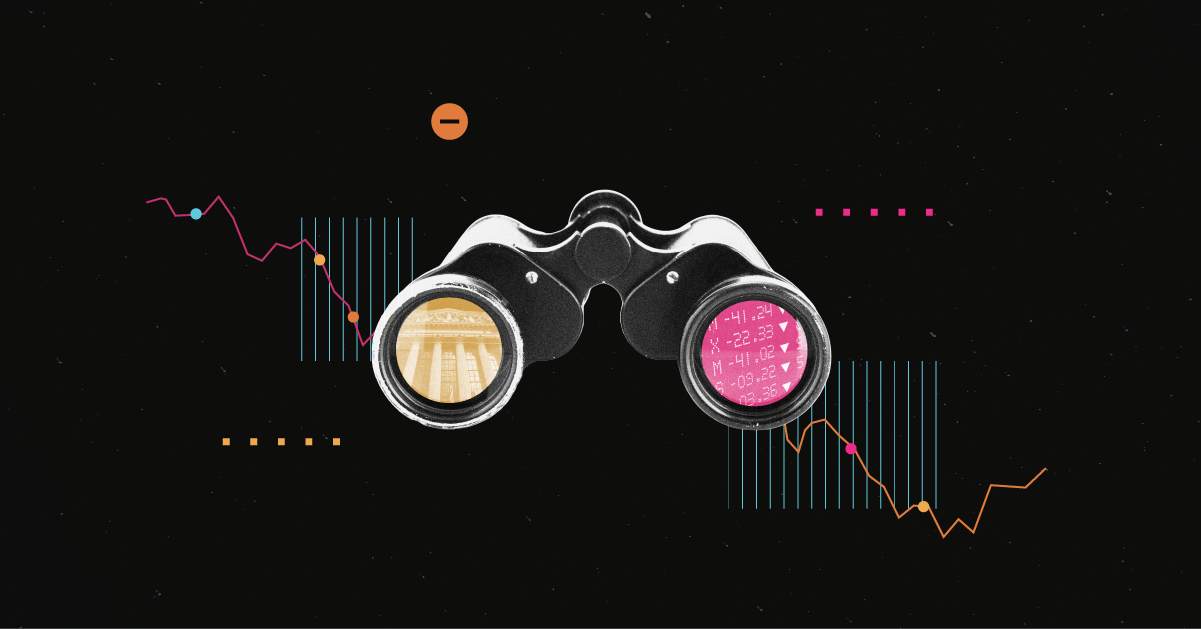Tyler Mordy, president and chief investment officer of Forstrong Global Asset Management Inc., takes a contrarian approach to global asset allocation. "I like areas of the world that can go from really bad to less bad," says Mordy. "We find that's a really good way to outperform. I think Europe falls under that category now. It would be hard to think of a more depressed, demoralized region than the Eurozone, at least from an international perspective."
Forstrong implements its macro views through holdings in passively managed exchange-traded funds. In Forstrong Global Strategist Balanced, for example, U.S.-listed ![]() Vanguard FTSE Europe (VGK) is among the top holdings, representing a 7.5% position. "It's a value play on a macro basis," Mordy says.
Vanguard FTSE Europe (VGK) is among the top holdings, representing a 7.5% position. "It's a value play on a macro basis," Mordy says.
The Forstrong team thinks Europe has a lot going for it right now. "It's got very cheap currencies," says Mordy. "The stock market is dirt cheap relative to the bond yield, and there's lots of room for positive surprises." Contrast that with the United States: "Everybody's latched on to the hopeful agenda of Mr. Trump, but there's a lot of room for missteps too in the U.S." The U.S. stock market has a 13% weighting in the fund.
The balanced mandate is one of a trio of global mutual funds that Forstrong manages as a sub-advisor for IA Clarington Investments Inc. Mordy, who lives in Kelowna, divides his time equally between British Columbia and the firm's Toronto head office. "There's a lot of group-think happening in the financial sector," he says, "so getting off Bay Street regularly is helpful."
Forstrong employs a top-down approach that's driven by a combination of fundamental research and behavioural psychology. The research includes evaluations of trade flows, economic-growth outlooks, sector trends, equity valuations, bond yields and bond duration. With macro investing, says Mordy, the managers are always looking at consensus views and then trying to deconstruct them to see if they have merit.
In Mordy's view, there has been a shift away from relying on central bankers "to do all the heavy lifting" to drive world growth since the financial crisis. "It's driven by the recognition," he says, "that low interest rates actually may be impeding economic growth."
Mordy predicts that this year, because of a fundamental, profound shift from monetary to expansionary fiscal policies, will be a year of "massive" asset and sector rotations. "In a world that is more interconnected, more globalized, we've entered an era where it's almost impossible to not be a global investor and experience success. For the intrepid macro investor, this is definitely our time, and for some time."
Mordy concluded before the U.S. presidential election in November that it didn't matter whether the winner was Hillary Clinton or Donald Trump. "The main event of the U.S. election," Mordy says, "would be a return to big deficit spending. This, he concludes, signifies a shift from monetary to fiscal stimulus.
The Forstrong Global Strategist Balanced portfolio is built on a foundation of core diversified ETF holdings, such as the top holding, ![]() iShares Core S&P 500 (IVV), which has a 7.9% weight in the portfolio. Complementing these ETFs are "satellite" holdings such as iShares MSCI Japan (EWJ), which represent tactical opportunities. Both the S&P 500 and Japan ETFs are U.S. listings.
iShares Core S&P 500 (IVV), which has a 7.9% weight in the portfolio. Complementing these ETFs are "satellite" holdings such as iShares MSCI Japan (EWJ), which represent tactical opportunities. Both the S&P 500 and Japan ETFs are U.S. listings.
Over the last few years, says Mordy, Japan has built up its overseas operations and distribution channels for export sales of products such as automobiles and electrical machinery. "Most of Japan's familiar names really aren't exporters any more," says Mordy. "They're really globalized and multinational."
Forstrong's investment managers spend much of their time trying to understand China, because it's such a large economy. "We like China," says Mordy. "It's not crashing. They've worked hard over the past three years to strengthen their position in Asia." China, he adds, is doing what it should do by rebalancing away from exports and trying to stimulate the middle class. To obtain exposure to mainland Chinese equities, Forstrong holds U.S.-listed Deutsche X-trackers Harvest CSI300 China A (ASHR).
The global balanced portfolio has weightings of approximately 51% in equities, 35% in fixed income and 15% in cash. Mordy says he is looking to deploy cash in the new year when opportunities present themselves.
On the fixed-income side, ![]() iShares 1-3 Year Treasury Bond (SHY) and iShares 0-5 Year High Yield Corporate Bond (SHYG) are among the holdings that Mordy favours because of their shorter duration. Offering broader diversification is another U.S. ETF,
iShares 1-3 Year Treasury Bond (SHY) and iShares 0-5 Year High Yield Corporate Bond (SHYG) are among the holdings that Mordy favours because of their shorter duration. Offering broader diversification is another U.S. ETF, ![]() Vanguard Total Bond Market (BND), a top-five holding.
Vanguard Total Bond Market (BND), a top-five holding.
Mordy believes that global bond yields have very likely seen their lows. "We're not calling for a savage bond bear market," he says. "We just think that now that the fiscal taps have been turned on, or will be turned on, then it won't be more negative for bonds."















